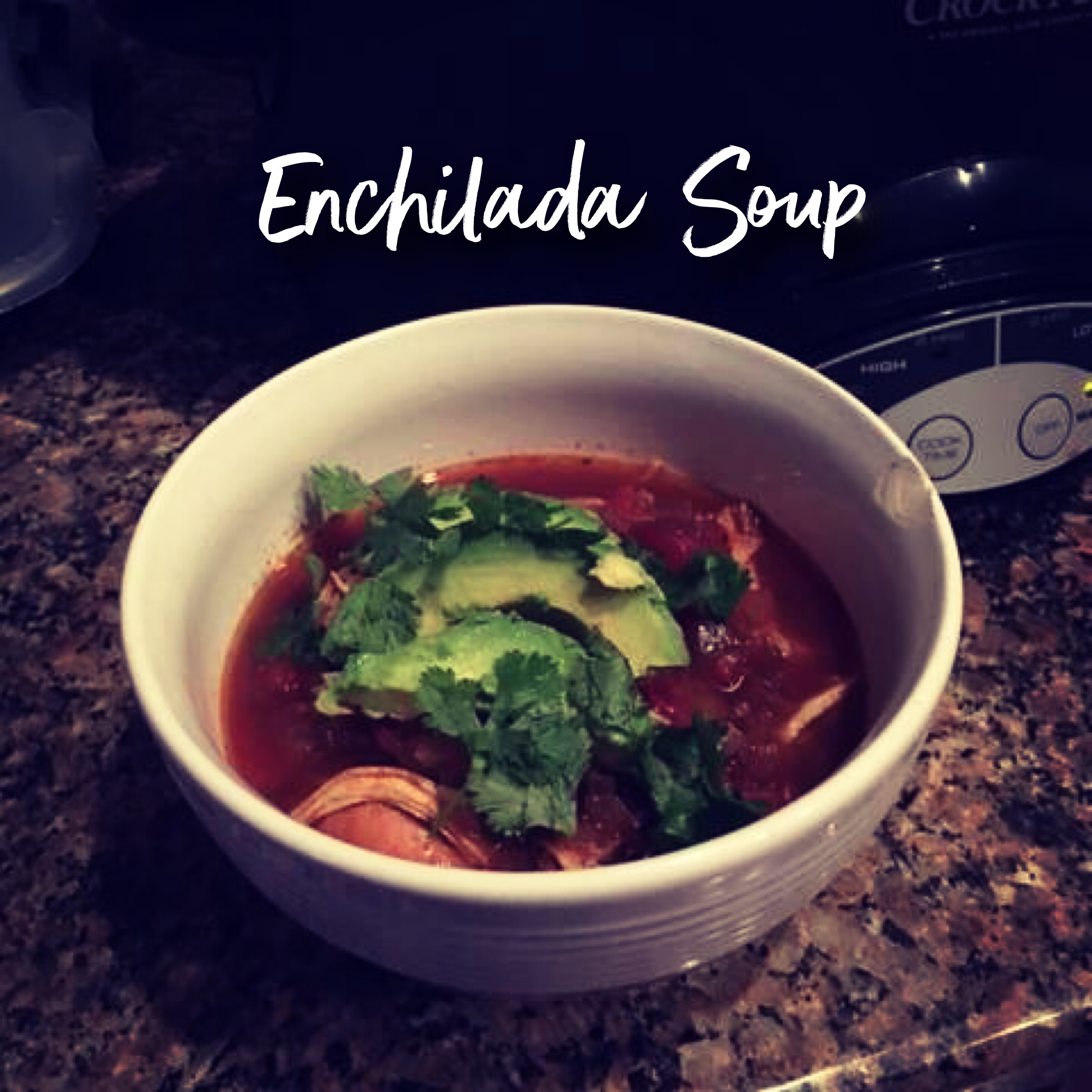Ashwa-WHAT? Yeah, not the easiest word to pronounce, but no worries, Ashwaghanda is also known as Indian ginseng (even though it’s actually more closely related to the tomato). In Sanskrit, its name translates to “horse smell” as the plant definitely has a strong horse like essence and has been nicknamed “strength of the stallion” because of it’s strong immune support strength and its ability to increase stamina. It’s an adaptogenic herb that has been used in Ayurvedic medicine for thousands of years for various purposes, but most notably as a natural stress reliever. Adaptogenic herbs like Ashwaghanda help the body maintain homeostasis in times of stress, including mental and physical. It has been shown to lower cortisol levels, balance thyroid hormones, and help lower blood sugar levels. There are other adaptogens such as Rhodiola and Cordyceps, but Ashwaghanda has thus far been the most extensively researched. The root and leaves of the plant provide the most medicinal benefit, and the presence of withanolides, a group of steroidal lactones, contribute to the herb’s health benefits.
I found out about Ashwaghanda about 15 years ago around the same time I learned about adrenal fatigue and have used it periodically since. If you are in a chronic state of stress, whether emotional, physical, or mental, your adrenals can become overwhelmed and can lead to a condition referred to as adrenal fatiguewhere your adrenals do not properly regulate the release of stress-related hormones such as cortisol and adrenaline in response to stress. When your adrenals become exhausted, this can also disrupt other hormones in your body, including progesterone, which can cause infertility and lower levels of DHEA, a hormone that’s tied to longevity and maintaining a strong body. Along the same lines, the herb has been shown to calm anxiety and improve depression due to it’s stress balancing qualities. It has also been reported to help with an underactive thyroid.
Going back to when I was first introduced to Ashwaghanda, I was in a stressed out state at work, had gained weight, and was trying to lose that weight, which induced more stress and became a vicious cycle of dieting and “falling off the wagon”. I felt so overwhelmed and hopeless. I figured I had nothing to lose by giving Ashwaghanda a try. I didn’t notice any affects for a solid week, but then after that first week I clearly noticed that I wasn’t stressing out over fighting my cravings for sugary/processed foods because the cravings just went away (cue the angels singing and playing harps). I didn’t have any jitters. I wasn’t all wired up. It just allowed me to stay focused on eating the right foods by taking away those cravings and kicked me out of my vicious cycle. I did notice that it was only really effective for a few weeks. After going through this experience, I learned that Ashwaghanda can definitely be an effective tool in the fight against fat, but I only use it periodically to ensure I’m getting the biggest bang for my buck due to the loss of effectiveness over time. For me, it’s been ideal to use it in times like after the holiday season when I may still have some lingering cravings for sugary and/or processed carbs and I will use roughly a teaspoon per day first thing in the morning on an empty stomach for the first couple weeks in conjunction with getting my nutrition back on track. In the past I have used a Tincture , using roughly 1 dropper full mixed with a little water to dilute it as it has a strong flavor. Recently, I heard that Ashwaghanda is most effective in Root Powder Form, so I switched it up this time. The taste of the powder overpowers mostly anything you put it in, so next time I will either go to a Capsule Form or back to the tincture. The only thing I don’t like about capsules is the inability to vary your dosage. Outside of using the herb for nutrition reset purposes, I also love making my own golden milk with it, but this only works with the powder form. Gaia sells a golden milk powder that’s pretty tasty. Golden milk will definitely help you relax. Most folks will enjoy a cup in the evening before bed as it will help induce sleep. So great after a long stressful day, or on chilly nights. Be sure to check out my recipe blog if you want to make your own golden milk.
For those of you interested in trying Ashwaghanda, be sure to consume about 600 mg per day and try to take it with black pepper if you are doing the powder or tincture as black pepper enhances absorption. If you are getting a capsule, be sure the capsule has black pepper in it. And a note of serious caution: As with any herb or supplement not approved by your doctor, Do NOT use Ashwaghanda if you are pregnant, trying to conceive, breastfeeding, or if you have any other medical conditions where a doctor’s approval is needed. I hope sharing my story may help anyone out there struggling like I did to break the cycle. Best of luck on your personal journey. Make it happen!



